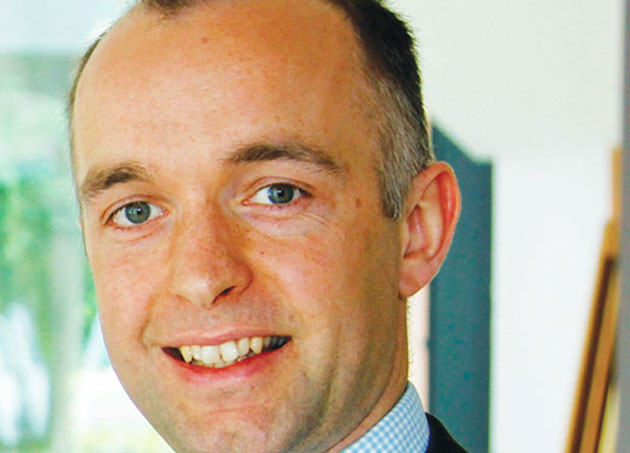Frustration is reaching boiling point at Catholic sixth-form colleges over barriers to converting to academy status.
Becoming an academy, and in doing so enjoying the luxury of not paying VAT, has been an option for nearly all SFCs since former chancellor George Osborne changed the rules in November 2015.
However, a group of 14 which are Catholic-run claim they are prevented from doing so due to their religious character, which would not be maintained under current government rules.
If they converted, they would lose protections in areas of curriculum, acts of worship and governance.
A short clause in the education bill could “easily rectify this”, according to the Catholic Education Service and the Sixth-Form Colleges Association, which have been in joint talks with the Department for Education.
But 28 months after the option of academisation became available, no action has been taken.
The deadline to apply for funds from the government’s £726 million post-area review restructuring facility – which 31 SFCs have so far used to cover the costs of converting to academy status – ends in just five months’ time.
We have not had any movement or opportunity to progress
Peter McGhee (pictured above), the principal of St John Rigby SFC, who chairs the Association of Catholic SFCs, has begged the DfE to “hurry up” before that window closes.
“Other non-faith based colleges have been able to access the restructuring fund and there are a number that have converted but we’ve not even been able to start the process,” he told FE Week.
“We’ve raised this a number of times with ministers who are well aware there are legislative changes needed but we have not had any movement or opportunity to progress.”
He described the situation as “frustrating”, particularly for Catholic SFCs which had planned to academise two years ago following recommendations in their area reviews.
Becoming an academy means SFCs no longer have to pay VAT – letting them off an average annual bill of £385,000.
The first to convert was Hereford SFC in March last year. Seventeen have since followed suit, leaving 65 designated SFCs. Thirteen of these are however in the pipeline of converting.
Mr McGhee explained that VAT is not the main reason that Catholic SFCs want to convert: they want to “align themselves more closely with schools to work collaboratively”.
One Catholic SFC – Loreto in Manchester – is already an academy sponsor but cannot participate in the academy programme itself.
Mr McGhee, who will become an executive principal at Loreto from September, said the situation was a “peculiar anomaly”.

Under current rules, if a Catholic SFC decides to become an academy it will remain as an FE institution but won’t be governed by the statutory provisions in the Further and Higher Education Act 1992, which contains protections for religious character.
The CES has been “working closely” with the DfE to reinstate the legislative protections for the colleges as 16-to-19 academies in the next education bill, but the DfE is yet to commit.
James Kewin, deputy chief executive of the SFCA, insisted there is a “pressing need” to make progress, especially as the restructuring fund approaches its end.
“With no education bill likely in the foreseeable future, we are keen to explore non-legislative solutions to breaking this impasse,” he told FE Week.
The Department for Education “remains committed to exploring” ways in which existing Catholic SFCs can convert to become academies while retaining their religious character.
“We will continue to work with the colleges and Catholic Education Service in developing these options and in supporting them to ensure the future success of the colleges,” a spokesperson said.









Your thoughts